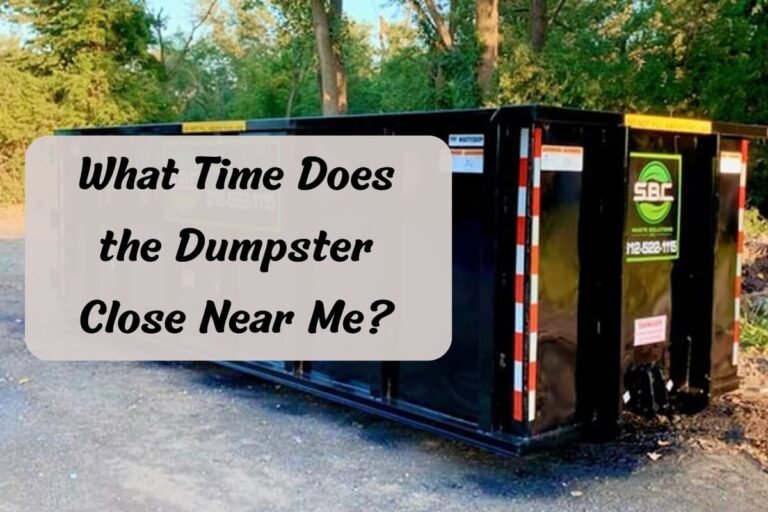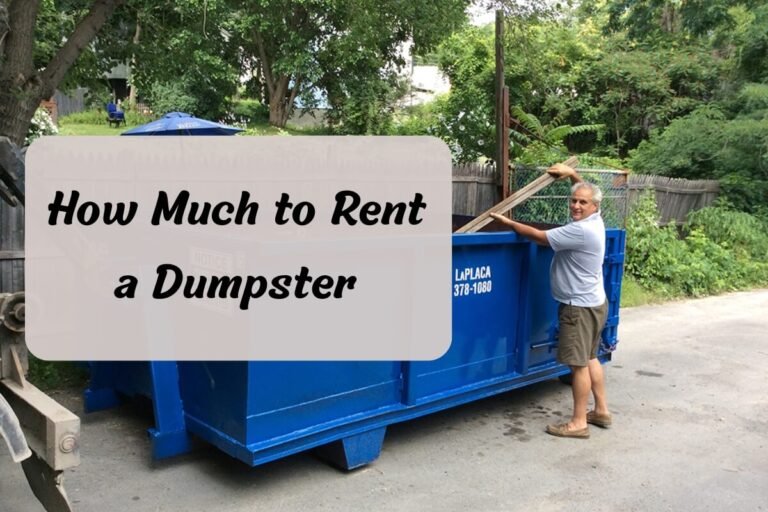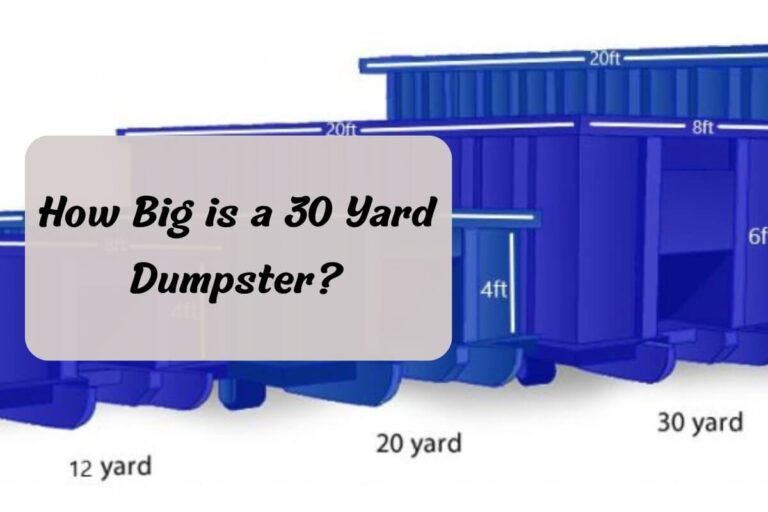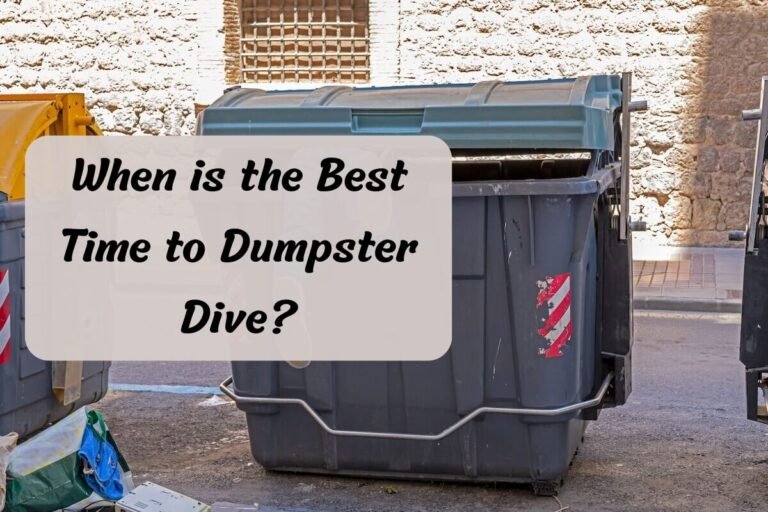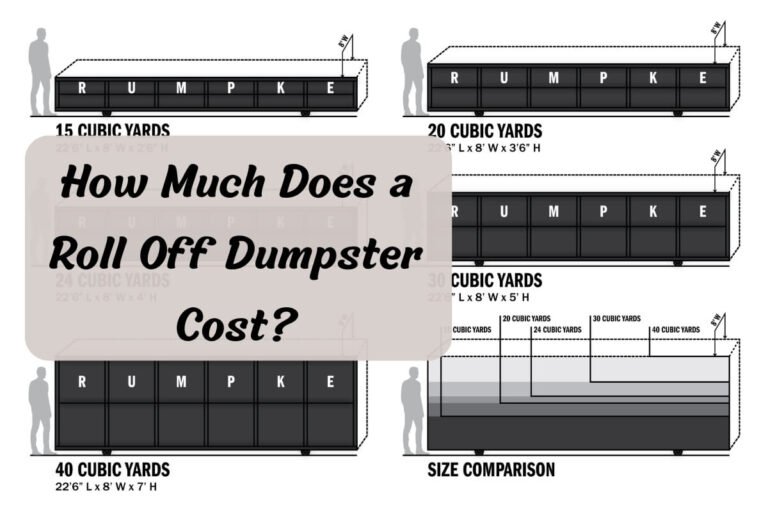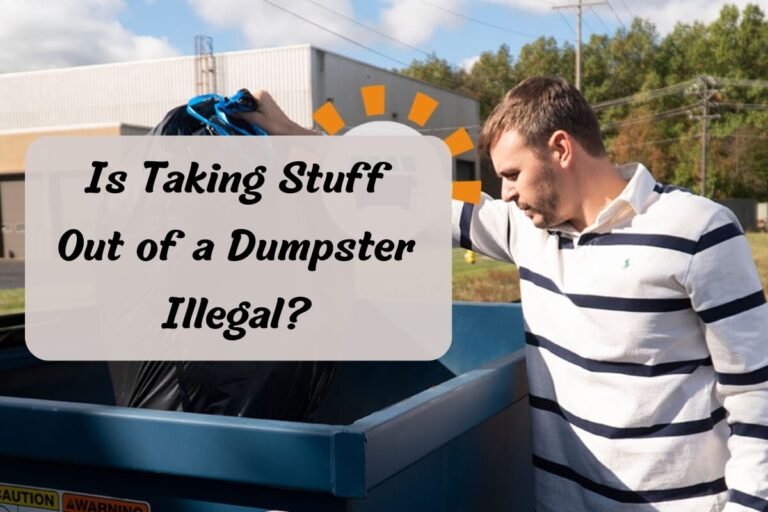What Can’t You Throw in a Dumpster? A Comprehensive Guide
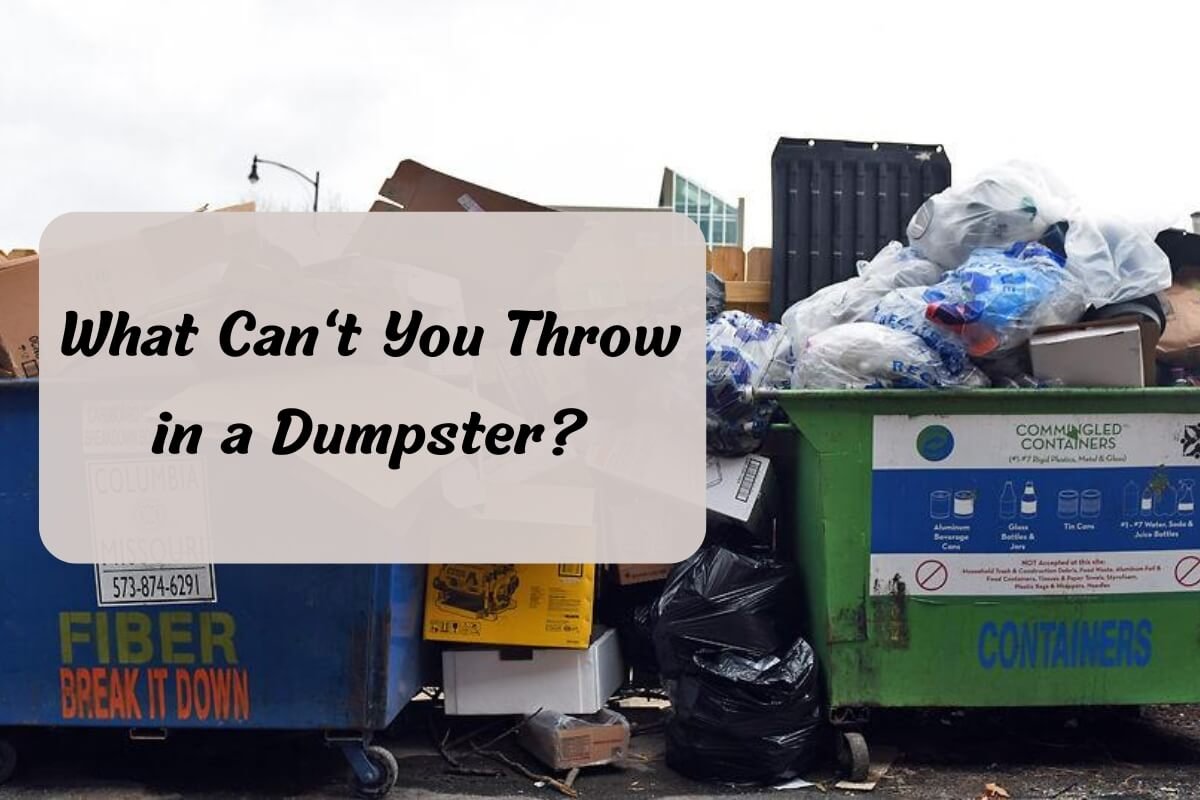
Renting a dumpster can simplify waste disposal for big projects, but it’s crucial to know what can’t go in. Improper disposal can lead to fines, environmental harm, and safety risks. This guide outlines prohibited items, including hazardous materials, electronics, tires, and more, to help you dispose of waste responsibly.
Hazardous Materials: A Big No-No for Dumpsters
One of the primary categories of items that should never be thrown into a dumpster is hazardous materials. These substances pose a significant risk to the environment, workers, and the general public if not handled and disposed of properly.
Flammable Substances
Items like gasoline, propane tanks, and other flammable liquids or gases are strictly prohibited from being placed in dumpsters. These materials can easily ignite, leading to fires and explosions, putting lives and property at risk.
Toxic Materials
Substances such as paint, chemicals, asbestos, and contaminated soil are considered toxic and should never be disposed of in a dumpster. These materials can leach into the ground, contaminating soil and groundwater, and potentially causing severe health issues for humans and wildlife.
Corrosive Materials
Corrosive materials, like acids and certain types of batteries, can eat away at the dumpster itself or even the truck used for transportation. This can lead to leaks and spills, creating environmental hazards and potential safety risks for workers.
Potential Risks and Legal Implications
Attempting to dispose of hazardous materials in a dumpster is not only unethical but also illegal in most areas. Violators can face steep fines and legal consequences if caught. It’s always better to err on the side of caution and seek proper disposal methods for these materials.
Electronics and Appliances: Handle with Care
Electronic waste, or e-waste, is another category of items that requires special handling and should not be tossed into dumpsters.
Televisions and Computer Monitors
Older televisions and computer monitors, particularly those with cathode ray tubes (CRTs), contain harmful substances like lead and mercury. Improper disposal can lead to the release of these toxins into the environment.
Refrigerators and Air Conditioners (Freon)
Appliances like refrigerators, freezers, air conditioners, and dehumidifiers often contain refrigerants like Freon, which can be detrimental to the ozone layer if released improperly.
Batteries (Alkaline, Lithium, Rechargeable)
All types of batteries, including alkaline, lithium, and rechargeable varieties, should be kept out of dumpsters. When disposed of improperly, batteries can leak toxic substances into the soil and water, or even start fires.
E-waste Recycling Options and Alternatives
Instead of throwing e-waste into dumpsters, explore e-waste recycling options and alternatives in your area. Many municipalities offer dedicated e-waste collection programs or drop-off events. Additionally, some manufacturers and retailers have take-back programs for recycling old electronics responsibly.
Tires and Large Items: Space Constraints
Dumpsters are designed for various waste materials, but some items can be problematic due to their size or weight.
Tires
Tires are often prohibited from being placed in dumpsters due to their bulky nature and the potential risk of puncturing the container’s bottom. Many landfills also ban tires, as they can be difficult to compact and take up valuable space. Instead, consider taking your old tires to a tire recycling facility or participating in community tire collection events.
Bulky Furniture and Appliances
Large furniture pieces, like sofas and mattresses, can quickly fill up a dumpster, leaving little room for other waste. Additionally, appliances like washers and dryers can be too heavy for the dumpster or the truck transporting it, posing safety risks for workers. If you need to dispose of these items, consider renting a dedicated dumpster or exploring alternative disposal methods.
Yard Waste
While yard waste like leaves, branches, and grass clippings may seem harmless, many landfills do not accept these materials. Instead, they encourage composting or designated yard waste collection programs. Placing yard waste in a dumpster can result in additional fees or penalties.
Space Limitations and Weight Restrictions
It’s essential to consider the space limitations and weight restrictions of the dumpster you’re renting. Overloading a dumpster with heavy or bulky items can lead to safety issues during transportation and potential additional charges from the rental company.
Household Hazardous Waste: What’s Included?
In addition to the hazardous materials mentioned earlier, there are several common household items that fall under the category of household hazardous waste and should not be thrown into dumpsters.
Paint, Solvents, and Lacquers
Paint, stains, thinners, and lacquers often contain volatile organic compounds (VOCs) and other harmful substances that can be released into the environment if not disposed of properly.
Household Cleaners and Pesticides
Many household cleaners and pesticides contain toxic chemicals that can contaminate soil and water sources if improperly discarded.
Automotive Fluids (Oil, Antifreeze)
Motor oil, antifreeze, and other automotive fluids are considered hazardous waste and should never be poured down drains or thrown into dumpsters.
Disposal and Recycling Options
Most communities offer dedicated household hazardous waste collection events or facilities where you can safely dispose of these materials. Additionally, some retailers and manufacturers have take-back programs or recycling initiatives for certain products like paint and automotive fluids.
Local Regulations and Restrictions
Dumpster regulations and restrictions vary by location, with different areas having their own laws and guidelines.
Variations in Local and State Laws
While some materials, like hazardous waste, are generally prohibited across the board, other items may be subject to local or state-specific regulations. For example, some areas may have stricter rules regarding e-waste disposal or yard waste collection.
Checking with Municipal Authorities or Rental Companies
Before disposing of any questionable items, it’s always a good idea to check with your local municipal authorities or the dumpster rental company. They can provide you with accurate information on what is and isn’t allowed in your specific area.
Potential Fines and Penalties for Non-compliance
Failing to comply with local regulations can result in hefty fines or penalties. In some cases, improper disposal of certain materials can even lead to legal consequences. It’s better to be safe than sorry and ensure you’re following all applicable laws and guidelines.
Proper Disposal Methods: Protecting the Environment
Knowing what can’t go in a dumpster is crucial, but so is learning how to dispose of these materials properly. By doing so, you can help protect the environment and keep waste management workers safe.
Hazardous Waste Disposal Facilities
Many communities have dedicated hazardous waste disposal facilities or collection events where you can safely dispose of materials like chemicals, paints, and automotive fluids. These facilities are equipped to handle and process these materials in an environmentally responsible manner.
E-waste Recycling Centers and Programs
Instead of throwing electronics and appliances into dumpsters, consider taking advantage of e-waste recycling centers or programs. These facilities are designed to responsibly recycle and repurpose valuable materials found in electronic devices, preventing them from ending up in landfills.
Donating or Selling Usable Items
Before disposing of items like furniture or appliances, consider donating them to local charities or thrift stores if they’re still in working condition. Alternatively, you can try selling them online or through yard sales, giving them a second life and reducing waste.
Composting Yard Waste
Instead of throwing yard waste into dumpsters, consider starting a backyard compost bin or participating in municipal composting programs. Composting not only diverts organic waste from landfills but also creates nutrient-rich soil for your garden or landscaping needs.
Conclusion
Understanding what can’t be thrown into a dumpster is crucial for ensuring responsible waste disposal, protecting the environment, and avoiding potential fines or legal consequences. By following the guidelines outlined in this comprehensive guide, you can make informed decisions about how to properly dispose of hazardous materials, electronics, tires, large items, and household hazardous waste.
Proper waste management is a shared responsibility. By educating ourselves and making conscious choices, we can create a cleaner and safer environment for everyone.
Invest in the effort to properly dispose of prohibited items, whether it’s through dedicated hazardous waste facilities, e-waste recycling programs, or exploring alternative disposal methods like donating or composting. Not only will you be doing your part in preserving our natural resources, but you’ll also be setting a positive example for others in your community.
Ultimately, being mindful of what can’t be thrown into a dumpster is a small step that can have a significant impact. By taking this responsibility seriously, we can work towards a more sustainable future and leave a lasting legacy for the generations to come.

